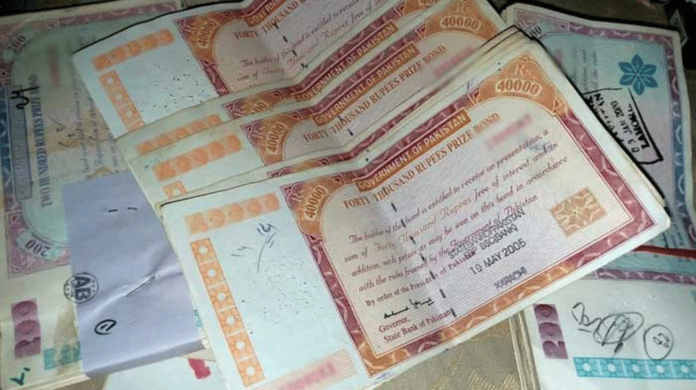According to a report by the Financial Times, there could be a big problem in the option to restructure one of Pakistan’s close-to-maturity dollar bonds, and the culprit is that bond’s issuing authority itself. The report states that, to restructure any foreign currency bond, an onerous or extraordinary resolution has to be passed by the issuer. This resolution requires a voting from the bond holders, upon which, if a certain threshold of voters is reached, the resolution is passed.
The report suggests that as early as 2003, this threshold was kept up till 75 per cent. In fact, most of the bonds issued in 2014, when this particular bond was issued, this threshold was kept at 66 per cent or lower, reducing the chances of default in case of a holdout. Since there was no penalty on keeping this threshold lower, countries and entities kept this threshold low to save their future interests. Pakistan’s issuing authorities, on the other hand, showed a complete lack of understanding of the market, by keeping the requirement of the passing of an onerous resolution at 90 per cent.
And that is not all that is wrong with this bond. The report further goes on to explain how there is another hiccup in the definition of voters. It defines an Extraordinary Resolution as “a resolution duly passed by not less than 90 per cent of the votes cast.” as opposed to “threshold as a proportion of the aggregate principal amount”. What this means is that someone who has as little as a mere $1000 worth of the bond, can affect the restructuring process as much as someone who has $100 million of it.
Pakistan which has faced the worst forms of floods in the past year needs much more than its debt installments, in reserve ($7.4 billion), to keep the country afloat. For that purpose, Pakistan might have to restructure most of its debt in the current, and possibly the next year. The report implies that due to these devastating floods, Pakistan might just need to restructure its sovereign debts as well. Even though the sovereign or commercial debt (mainly foreign currency bonds) of Pakistan is less than 16 per cent of Pakistan’s total debt pool, the chance of any country to declare a sovereign default is the highest on this particular form of debt.
The report goes on to reveal that another one of Pakistan’s dollar bonds, namely the 2036 dollar bond, the amount of which adds up to $300 million, also has the same 90 per cent voter threshold requirement. Although, because the Agency Agreement for the latter bond is not available, it cannot be certainly claimed that it also has the individual “votes cast” clause or not.
Most of Pakistan’s dollar bonds are trading at less than 60 per cent of their par value. A bond of this nature available at such a discount, which amounts to as much as a billion dollars, as per FT, will not be difficult for a circumspect group to hoard enough of, such that they can block the restructuring vote. So, when the time comes, this very bond can open the gates of a holdout for Pakistan and no one can be blamed but the issuer itself.




